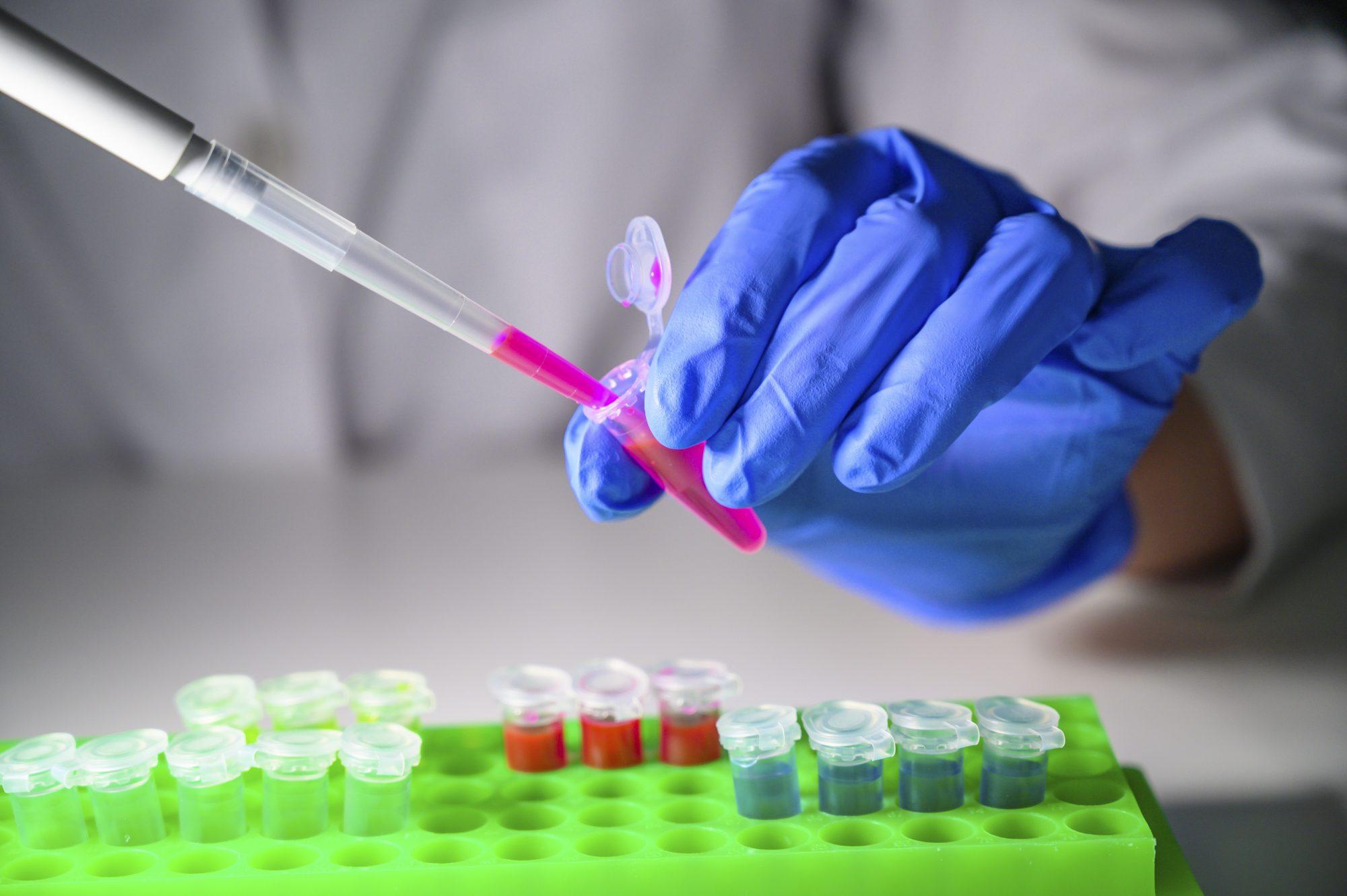Understanding the market drivers in biomedical materials involves examining factors that influence the demand, adoption, and growth of materials used in medical devices, implants, tissue engineering, and other healthcare applications.
Here are some key market drivers in this field:
Aging Population: The global population is aging, leading to increased demand for medical interventions such as joint replacements, dental implants, and cardiovascular devices. Biomedical materials market play a crucial role in developing implants and devices that meet the needs of elderly patients.
Chronic Diseases: The prevalence of chronic diseases such as diabetes, cardiovascular diseases, and orthopedic conditions is rising globally. Biomedical materials are essential for developing implants, drug delivery systems, and tissue-engineered constructs to treat and manage these conditions effectively.
Technological Advancements: Advances in materials science, nanotechnology, 3D printing, and biotechnology have led to the development of innovative biomedical materials with enhanced properties such as biocompatibility, mechanical strength, and drug release kinetics. These technological advancements drive the development of new medical devices and therapies.
Global Industry Analysis, Size, Share, Growth, Trends, and Forecast 2023-2032 – By Product Type, Application, End-user, and Region: (North America, Europe, Asia Pacific, Latin America and Middle East and Africa): https://www.persistencemarketresearch.com/market-research/biomedical-materials-market.asp
Regulatory Environment: Stringent regulatory requirements for medical devices and implants drive the demand for materials that comply with safety and efficacy standards. Biomedical material manufacturers need to ensure that their products meet regulatory requirements set by organizations such as the FDA (Food and Drug Administration) in the United States and the EMA (European Medicines Agency) in Europe.
Patient Preferences and Expectations: Patients increasingly seek medical interventions that offer improved outcomes, reduced recovery times, and minimal risks of complications. Biomedical materials that enhance the performance and longevity of medical devices while minimizing adverse reactions play a crucial role in meeting patient expectations.
Cost-Efficiency: Healthcare providers and payers are under pressure to reduce costs while maintaining quality standards. Biomedical materials that offer cost-efficiency through longer device lifespan, reduced need for revision surgeries, and streamlined manufacturing processes are in high demand.
Emerging Markets: Emerging economies with growing healthcare infrastructure and rising disposable incomes present significant opportunities for the biomedical materials market. These markets seek affordable and innovative solutions for addressing healthcare needs, driving demand for medical devices and implants made from advanced materials.
Collaborations and Partnerships: Collaborations between academic institutions, research organizations, and industry players facilitate the development and commercialization of novel biomedical materials. Partnerships enable knowledge sharing, access to funding, and accelerated translation of research into market-ready products.
Focus on Personalized Medicine: The shift towards personalized medicine emphasizes the importance of tailoring medical treatments to individual patient characteristics. Biomedical materials that enable customization of implants, drug delivery systems, and tissue-engineered constructs to match patient-specific needs are gaining traction in the market.
Environmental Sustainability: Increasing awareness of environmental sustainability and biocompatibility drives the demand for biomedical materials derived from renewable sources or those with minimal environmental impact. Green materials and eco-friendly manufacturing processes are becoming increasingly important considerations for both consumers and regulatory authorities.
By understanding and leveraging these market drivers, stakeholders in the biomedical materials industry can capitalize on opportunities for innovation, growth, and market expansion.
